Spring 2022 Courses
100 Level Courses
AM 101W Growing Up in America
Tammy Owens | 4 credits
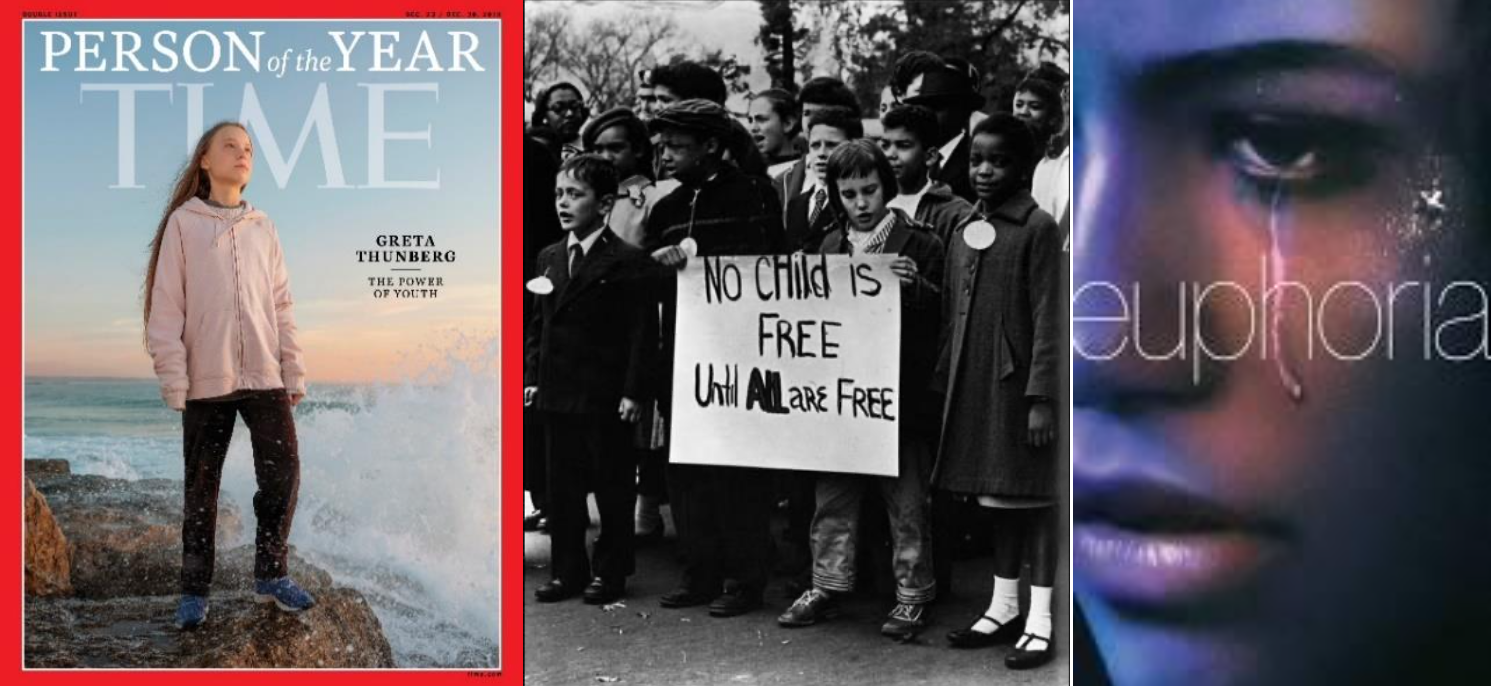
What does it mean to be an American child in 2022? In this course, students will answer this question by engaging in an interdisciplinary study of the history of American childhood. Beginning in the 19th century, students will explore the ways in which defining moments in American culture such as U.S. slavery, the Great Depression, Black Lived Matter movement, and the Coronavirus (COVID-19) global pandemic have influenced conceptualizations of the "American child." By studying the history of American childhood, students will learn how major social, cultural, political, and economic changes in the U.S. have defined the nation's culture. Students will examine a diverse mix of courses including novels, archival documents, films, music, and social media
Note(s): Fulfills Humanistic Inquiry and Expository Writing requirements.
200 Level Courses
AM 221 Methods and Approaches
Daniel Nathan | 4 credits
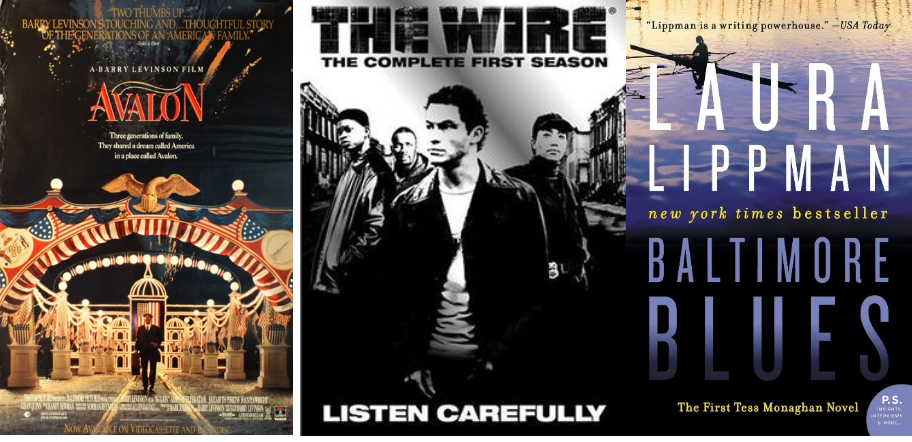
This course is an introduction for AM majors and minors to American Studies the discipline, its scholarship, methodologies, and approaches to the study of society and culture in the United States. Students will read and analyze works that reflect the wide variety of methodologies and approaches used by American Studies practitioners from the inception of the discipline in the 1930s to the present. Our course materials include American Studies "classics" as well as recent scholarship: the "myth and symbol" school, the culture concept, feminist critiques, material culture, oral history and ethnography, popular and material culture – with attention to issues of race, ethnicity, gender, class, age, and sexuality. Students will have many opportunities to sharpen their analytical, research, writing, and oral presentation skills. In addition, two primary goals of the course will be to define and critique what American Studies practitioners do and to acquaint students with the rich (and sometimes contentious) history of American Studies as a discipline.
AM 261C Books That Changed America
Daniel Nathan | 4 credits

Inspired partly by Randall Fuller's The Book That Changed America: How Darwin's Theory of Evolution Ignited a Nation, this course is an interdisciplinary examination of disparate books – including Walden, Huckleberry Finn, The Souls of Black Folk, and Silent Spring, among a few others – that altered how we think and act in the world. We will put the books in their various contexts, consider their critical receptions and legacies, and use them to reflect on American culture.
AM 261D Gaming in American Society and Culture
Aaron Pedinotti | 4 credits

This course explores the multivalent significance of gaming to American society, and examines the many ways in which diverse forms of gamic praxis have been represented in American culture. Taking an interdisciplinary approach to these topics, it presents gaming as a set of socio-cultural practices with profound resonance and effects in American life. Culturally oriented units of the course focus on representations of gaming in films, television shows, literary novels, genre fiction, and in games themselves. Other units focus on the intertwinement of gaming with broader social, political, and economic issues. These include questions of ethnic, racial, and gender diversity in games; the emergence of game industries as economic rivals to Hollywood; the relationship of these industries and their practices to America's place in the global economy; the historical roles of game theory in U.S. military planning and diplomacy; the increasing influence of online game communities and fan cultures in mainstream U.S. society; debates and moral panics over violence in games; and the potential role of games as educational and persuasive technologies. Game genres studied in the course include console and arcade-style videogames, war and strategy games, tabletop and massive multiplayer online RPGS, collectible card games, and games accessed through augmented and virtual reality platforms. Readings include fiction, theoretical texts, game studies literature, and cultural and ethnographic writings on American gaming. Evaluation is based on reading responses, participation, and papers. Some experiential engagement with gaming is also a part of the curriculum.
300 level courses
AM 342 Black Feminist Thoughts
Tammy Owens | 4 credits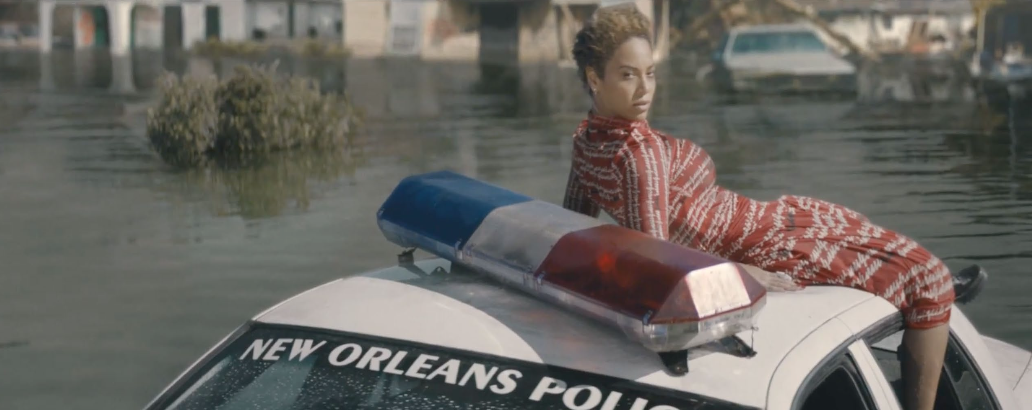
This course examines the development and materialization of Black feminist thoughts within historical, social, political, and cultural contexts. Interdisciplinary in focus, it surveys feminist politics and theories through films, popular culture, manifestos, literary, texts, archives, and theoretical essays. In addition, the course will address how the concepts of black feminism and black womanhood overlap and diverge in accordance with the modes of representation used to articulate them.
AM 356 Sports Cinema
Jeffrey Segrave | 4 credits
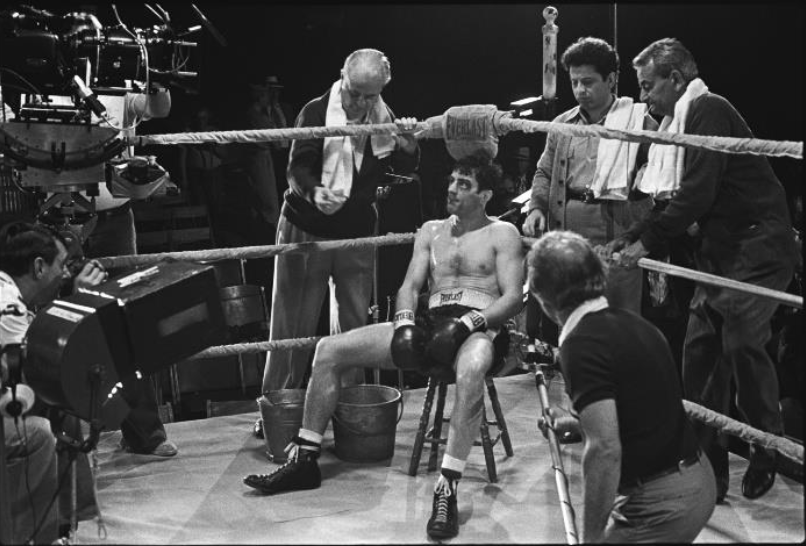
This class puts in context and crituques feature films and documentaries about sports to understand and appreciate – aesthetically, historically, culturally – a wide variety of experiences and issues. The course is also intended to enhance visual literacy, and thus students will assess the films as film, which have their own codes and conventions. As one would expect, most of the films we will study we made and set in the United States. A notable exception is Leni Riefenstahl's Olympia (1938), which chronicles and celebrates the 1936 Berlin Olympic games. We will screen several "classic" sport films – among them, Knute Rockne – All American (1940), Raging Bull (1980), and Hoop Dreams (1994). After spring break, we will pair a Hollywood feature film with a related documentary: so, for example, Ken Carlson's Go Tigers! (2001), which is about high school football in Massillon, Ohio, will be paired with Peter Berg's Friday Night Lights (2004). The point is not to suggest that documentaries provide a more accurate version of sporting reality; rather, it is to consider what different kinds of visual texts, grammars, and discourses do well (and poorly) and how they interact with and enhance one another. Students are required to attend a weekly evening film screening.
AM 368 Cultural Periods: The 1960s
Gregory Pfitzer | 4 credits
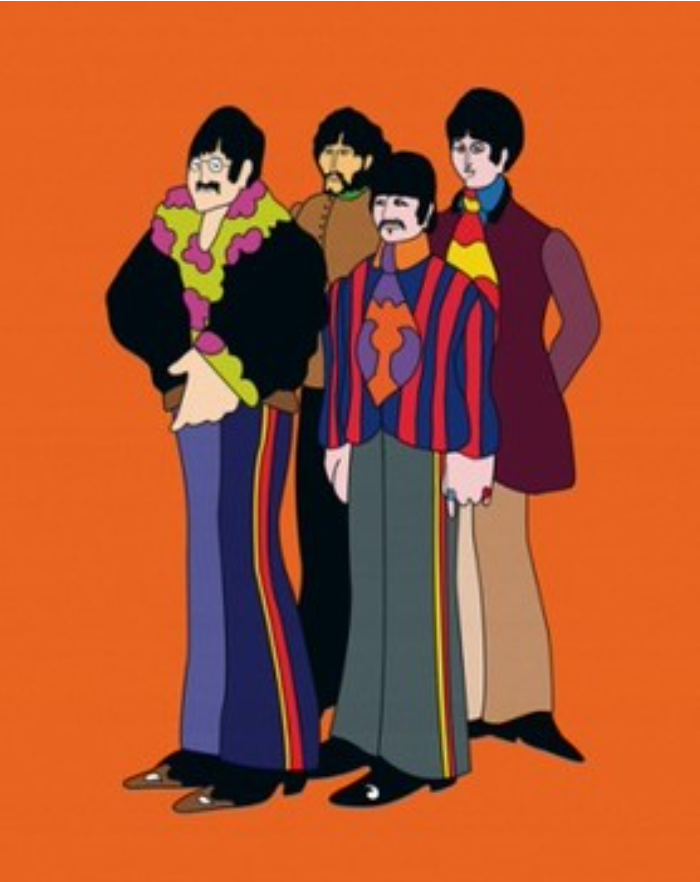
A consideration of the major events of the 1960s, including the New Frontier, the Cuban missle crisis, the assassination of John F. Kennedy, the war in Vietnam, the civil rights movement, the sexual and gender revolutions, the rise of rock and roll, the counterculture, the moon landing and other landmarks of the decade. The course considers not only what happened during those climactic years, but why such events were so important to American development, and how perceptions about the 1960s have changed over time.